Many people have a stack of one-use chopsticks piling up in their cutlery drawer from takeout orders of yore, but what if that stack could be transformed into something not only new, but also beautiful? Felix Böck, CEO and founder of ChopValue, says his desire to find a solution to the staggering problem of urban waste led to the formation of his company, which recycles chopsticks from local restaurants and turns them into gorgeous home goods, furniture, board games, and more.
From smaller items like coasters, charcuterie boards, and decor pieces to desks and cabinets, in addition to custom-made installments upon request, the company’s elegant products merge functionality with a simple streamlined aesthetic, and best of all, a feel-good purpose.
Disposable chopsticks are generally made from bamboo or wood in China, and then shipped thousands of miles to North America, only to be used for the span of one meal and then thrown away. Böck was inspired to find a new use for them.
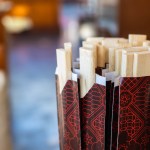
“We always say there is no such thing as waste,” Böck told the BBC. “There are only underutilized resources that we haven’t found a way to process yet.”
Böck devised a process by which used chopsticks are cleaned and disinfected, pressed into tiles, coated in a water-based resin, oven dried, and put into a hydraulic pressed — all without using water or chemicals. Per the ChopValue website, the water-based acrylic resin is a “nontoxic and environmentally friendly alternative to the current resins used in the industry.”
High heat and tons of hydraulic pressure accomplish the task of creating a safe, sterilized new material. And, given that bamboo is a fast-growing wood-like grass, it’s considered a sustainable renewable resource.
ChopValue was founded in 2016 and four years later launched as a franchise with a unique “microfactory” concept, allowing smaller factories to open and serve customers across the globe while maintaining the company’s carbon-negative status. According to the website, there are currently a dozen ChopValue microfactories across the globe: Boston, Calgary, Fraser Valley, Las Vegas, Liverpool, Mexico City, Montreal, Singapore, Toronto, Toronto East, Bali, and Vancouver, with the latter two serving as flagships.
The premise is simple enough: A ChopValue microfactory partners with local eateries, providing them with sustainably sourced chopsticks and then picking up the used chopsticks to repurpose and make into new products. At the Vancouver location alone, restaurant partners donate over 350,000 chopsticks per week. While supporting an environmentally friendly mission, participating businesses also enjoy a more tangible benefit: reducing their own waste disposal costs.
To date, over 100 million chopsticks have been recycled and transformed.
In addition to standard items available for purchase, microfactories are also able to fulfill built-to-order requests for offices, restaurants, and custom homes.“Our story resonates with people,” Böck writes on the company site. “We believe that we have the responsibility to educate, inspire, and set an example that resource efficiency thinking should simply be the norm.”
From an environmental perspective, the benefits of recycling the chopsticks into new material and products actually outweighs the option of compositing the utensils, a process which more or less sends the carbon content of the chopsticks back into the atmosphere. “Using recycled materials is just as good as creating products out of virgin materials, but with a better result for the environment,” the website explains. Böck hopes that his passion for successful sustainability proves contagious. “If I can create a viable micromanufacturing model on something small and humble like a chopstick,” Böck told the BBC, “imagine what else is possible.”
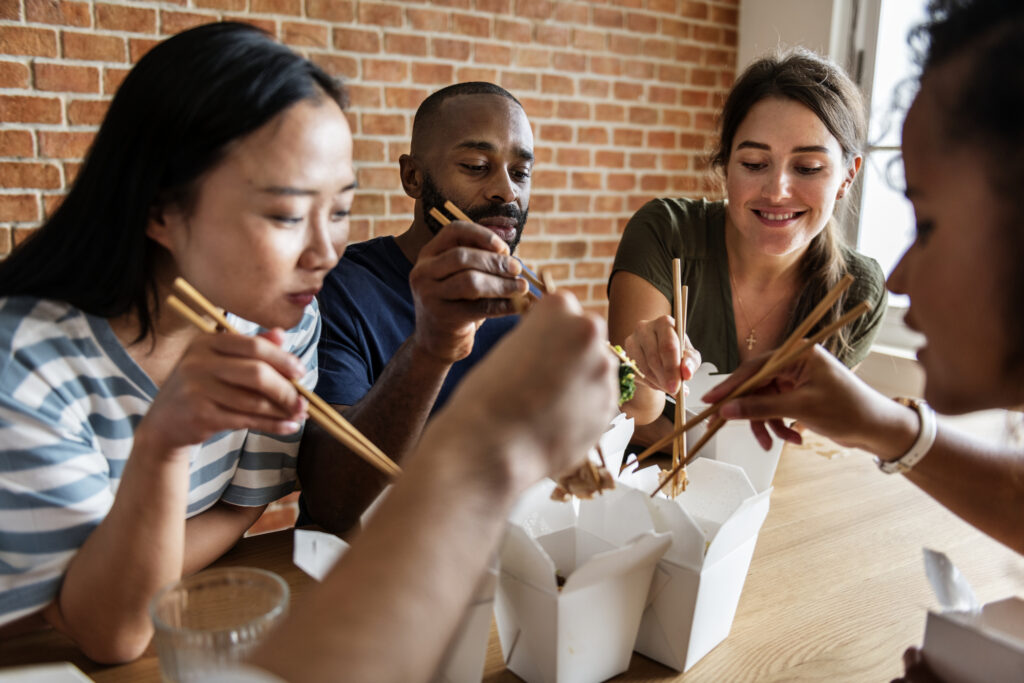

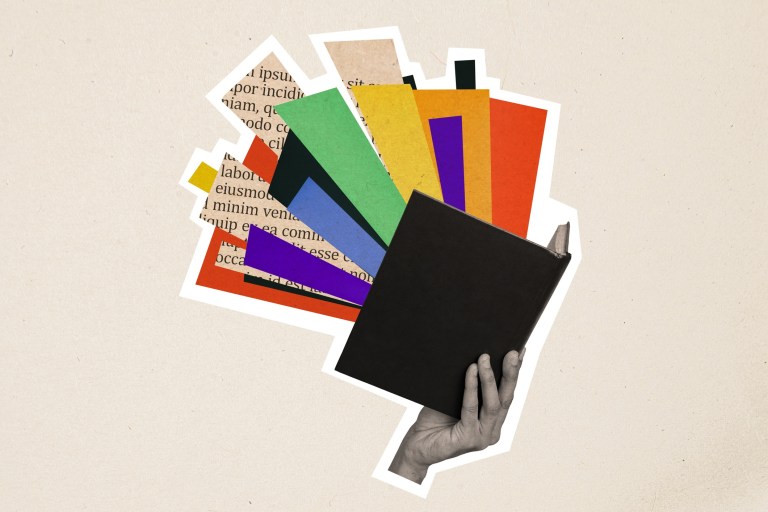
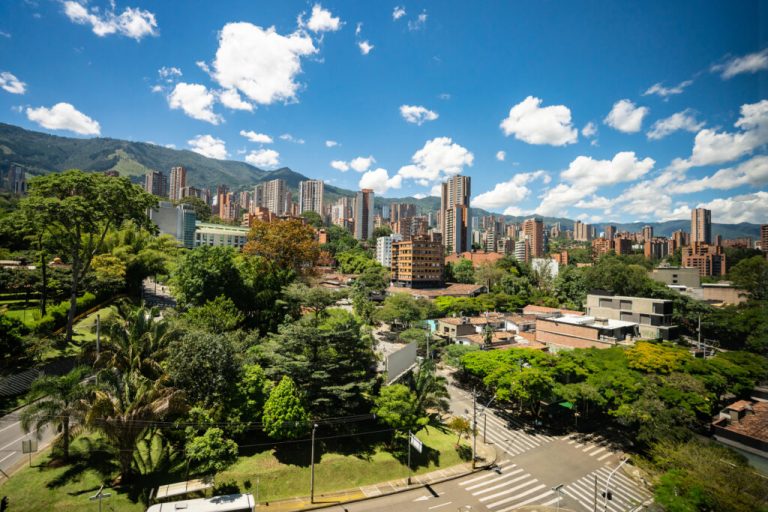
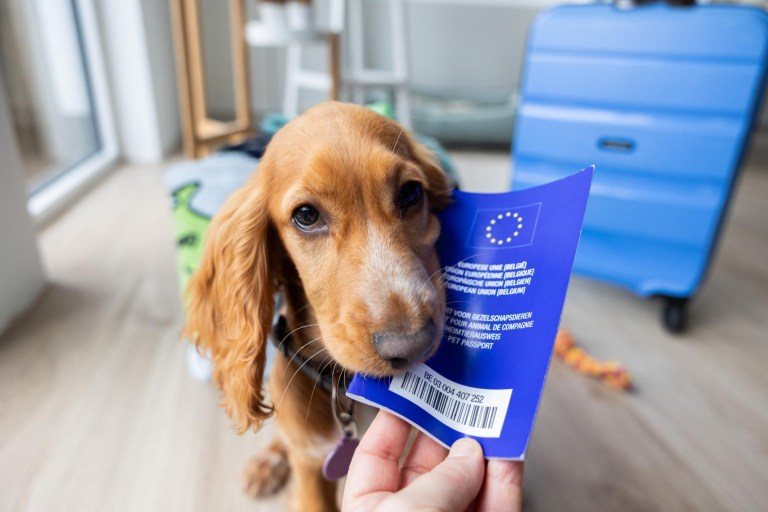
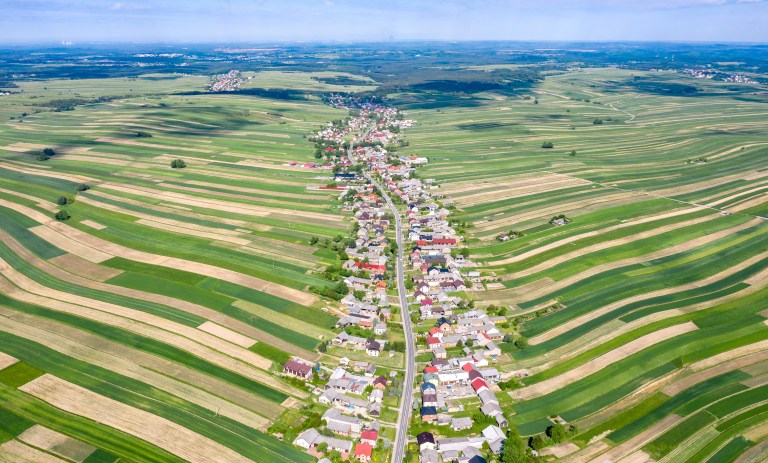
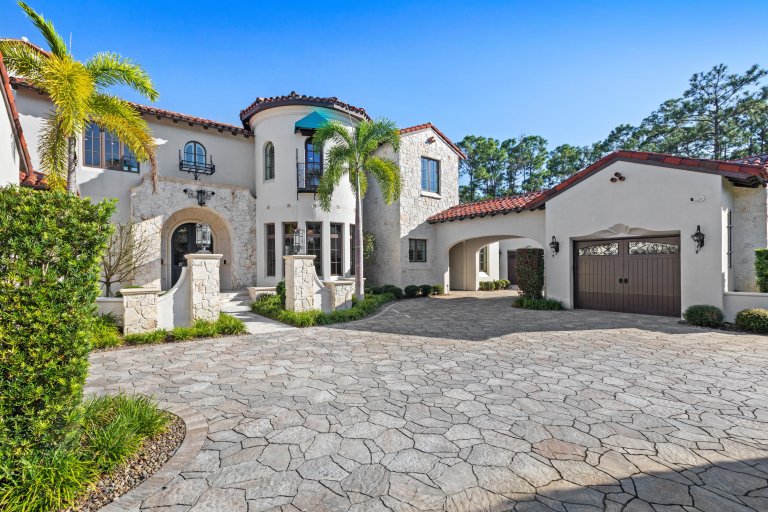
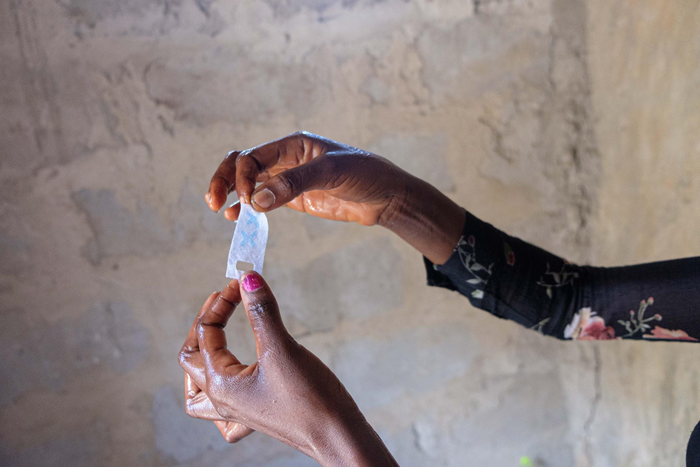
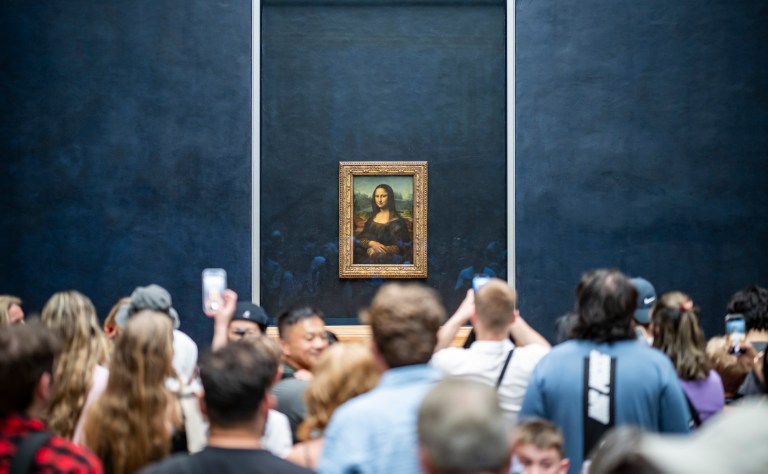

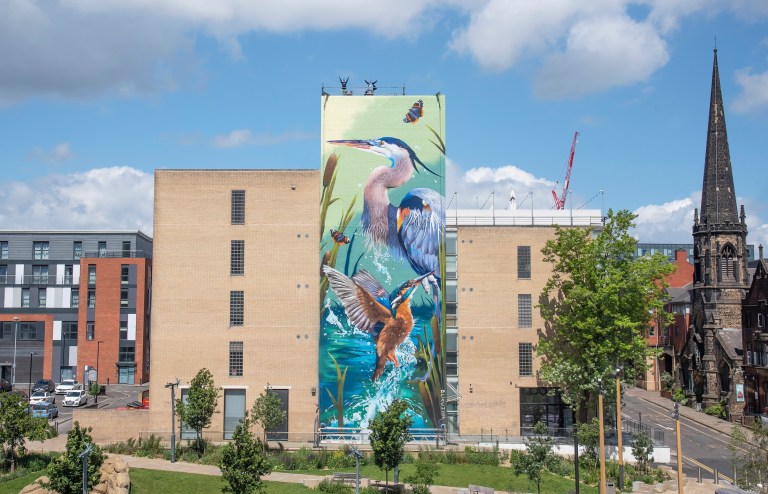
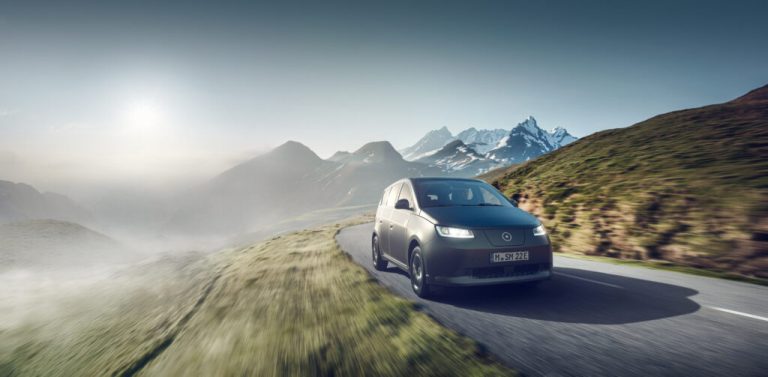
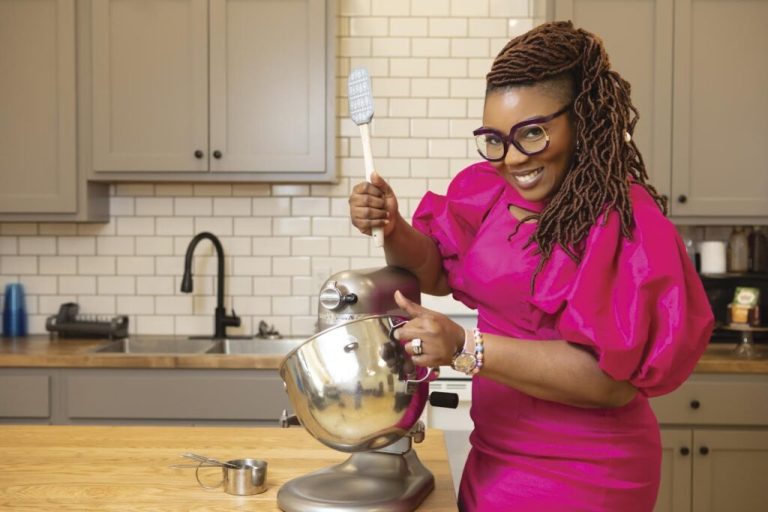
Pingback: How Single-Stream Recycling Works — Your Choices Can Make It Better - Usernames Ideas
Pingback: Should It Stay or Should It Go? Here’s How Often Certain Household Items Need to Be Replaced - Usernames Ideas